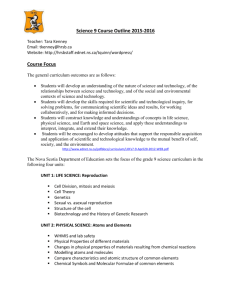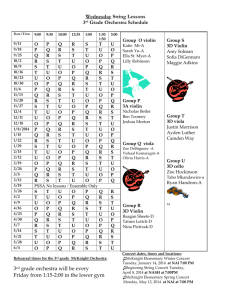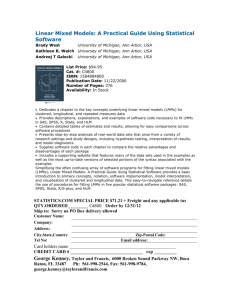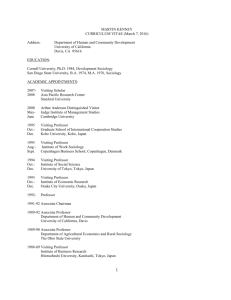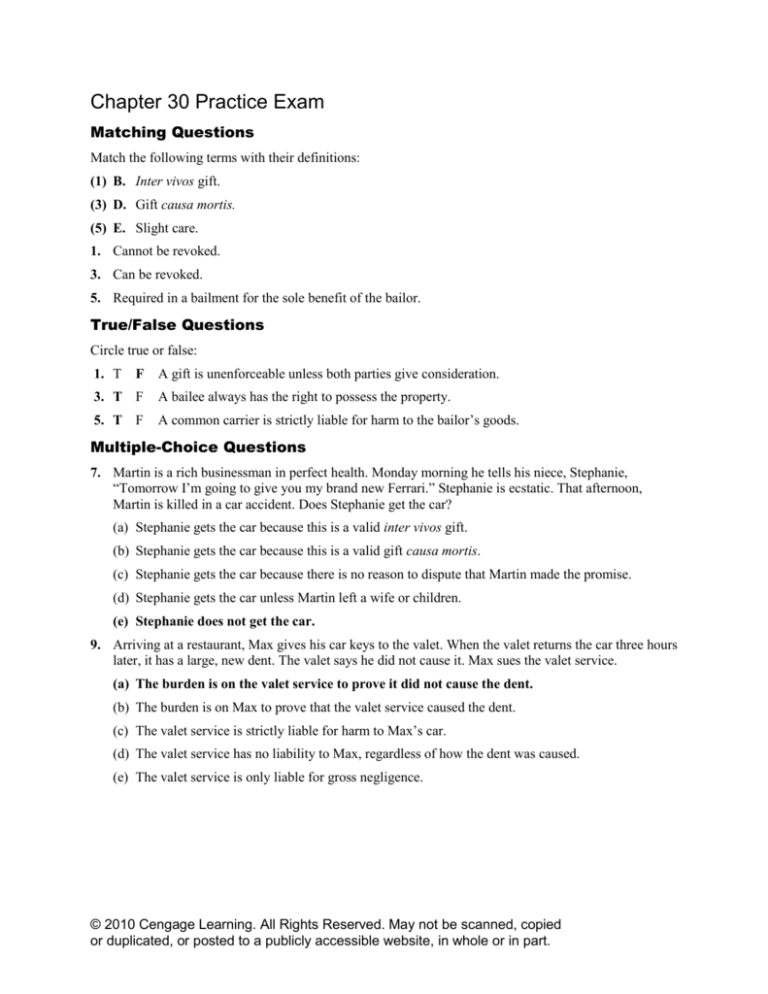
Chapter 30 Practice Exam
Matching Questions
Match the following terms with their definitions:
(1) B. Inter vivos gift.
(3) D. Gift causa mortis.
(5) E. Slight care.
1. Cannot be revoked.
3. Can be revoked.
5. Required in a bailment for the sole benefit of the bailor.
True/False Questions
Circle true or false:
1. T
F
A gift is unenforceable unless both parties give consideration.
3. T F
A bailee always has the right to possess the property.
5. T F
A common carrier is strictly liable for harm to the bailor’s goods.
Multiple-Choice Questions
7. Martin is a rich businessman in perfect health. Monday morning he tells his niece, Stephanie,
“Tomorrow I’m going to give you my brand new Ferrari.” Stephanie is ecstatic. That afternoon,
Martin is killed in a car accident. Does Stephanie get the car?
(a) Stephanie gets the car because this is a valid inter vivos gift.
(b) Stephanie gets the car because this is a valid gift causa mortis.
(c) Stephanie gets the car because there is no reason to dispute that Martin made the promise.
(d) Stephanie gets the car unless Martin left a wife or children.
(e) Stephanie does not get the car.
9. Arriving at a restaurant, Max gives his car keys to the valet. When the valet returns the car three hours
later, it has a large, new dent. The valet says he did not cause it. Max sues the valet service.
(a) The burden is on the valet service to prove it did not cause the dent.
(b) The burden is on Max to prove that the valet service caused the dent.
(c) The valet service is strictly liable for harm to Max’s car.
(d) The valet service has no liability to Max, regardless of how the dent was caused.
(e) The valet service is only liable for gross negligence.
© 2010 Cengage Learning. All Rights Reserved. May not be scanned, copied
or duplicated, or posted to a publicly accessible website, in whole or in part.
Short-Answer Questions
11. While in her second year at the Juilliard School of Music in New York City, Ann Rylands had a
chance to borrow for one month a rare Guadagnini violin, made in 1768. She returned the violin to
the owner in Philadelphia, but telephoned her father to ask if he would buy it for her. He borrowed
money from his pension fund and paid the owner. Ann traveled to Philadelphia to pick up the violin.
She had exclusive possession of the violin for the next 20 years, using it in her professional career.
Unfortunately, she became an alcoholic, and during one period when she was in a treatment center,
she entrusted the violin to her mother for safekeeping. At about that time, her father died. When Ann
was released from the center, she requested return of the violin, but her mother refused. Who owns
the violin?
Answer: Ann does. Ann’s father made a valid inter vivos gift of the violin while Ann was still a student. He intended to transfer ownership to her immediately, and made delivery by permitting her to
pick up the violin. From that point on, Ann owned it. Rylands v. Rylands, 1993 Conn. Super. LEXIS
823 (Conn. Super. Ct. 1993).
13. Eileen Murphy often cared for her elderly neighbor, Thomas Kenney. He paid her $25 per day for her
help and once gave her a bank certificate of deposit worth $25,000. She spent the money. Murphy
alleged that shortly before his death, Kenney gave her a large block of shares in three corporations. He
called his broker, intending to instruct him to transfer the shares to Murphy’s name, but the broker was
ill and unavailable. So Kenney told Murphy to write her name on the shares and keep them, which she
did. Two weeks later Kenney died. When Murphy presented the shares to Kenney’s broker to transfer
ownership to her, the broker refused because Kenney had never endorsed the shares as the law requires,
that is, signed them over to Murphy. Was Murphy entitled to the $25,000? To the shares?
Answer: Murphy gets the $25,000. There was delivery, acceptance, and adequate evidence that Kenney intended the items as gifts. Murphy is not entitled to the shares, though, because without the endorsement there is no delivery, an essential element. Kenney lived for two weeks after instructing
Murphy to write her name on the shares and during that time should have endorsed them to her, or
caused a broker to do so. IN RE Estate of Kenney, 1993 Ohio App. LEXIS 2481, Ohio Ct. of App.,
1993).


